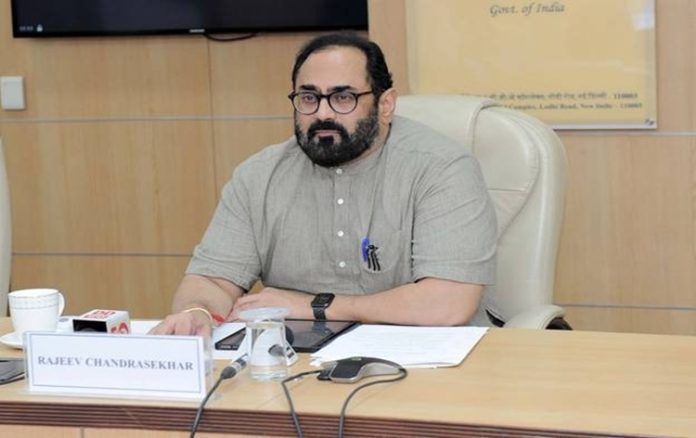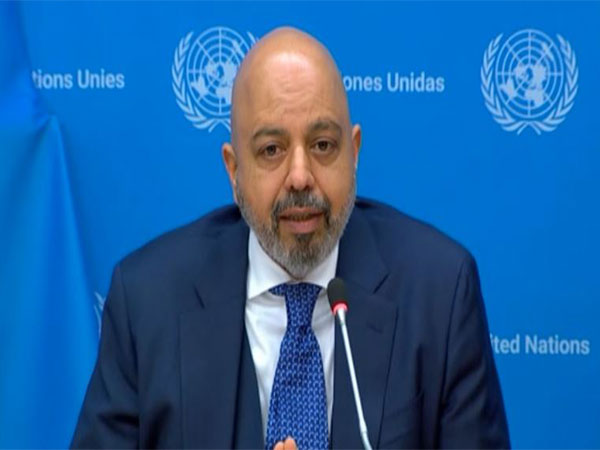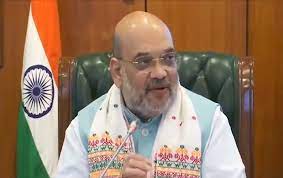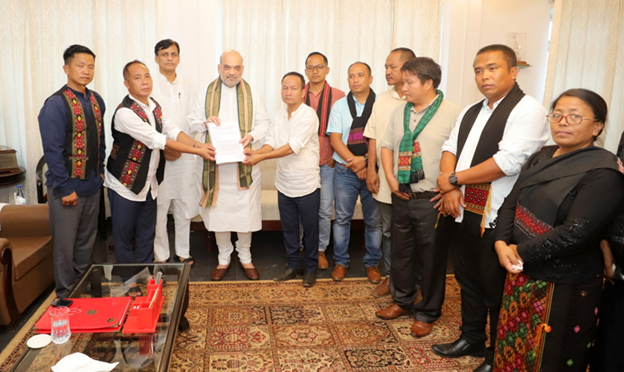Startups and unicorns may increase multiple times in next 4-5 years: Minister

In 2014, India’s tech landscape was limited to IT and ITes. However, since then, opportunities have emerged across various domains such as deep tech, AI, data economy, semiconductor design, microelectronics, and high-performance computing.
According to the Department for Promotion of Industry and Internal Trade (DPIIT), more than 92,683 entities have already been recognised as startups and this number is rising fast owing to the favourable policies of the Government of India. Union Minister of State for Skill Development & Entrepreneurship Rajeev Chandrasekhar has highlighted India’s remarkable progress in building unicorns and startups.
The minister has explained as to how these startups have successfully entered areas in emerging technologies, such as AI, Web 3, and deep tech. Speaking at the JITO Incubation Innovation Foundation (JIIF) 6th Foundation Day & Investors/Startup Conclave in Hyderabad, he engaged with industry leaders and aspiring young entrepreneurs.
Chandrasekhar emphasised the transformative journey India has embarked upon since 2014. From being predominantly focused on IT and ITes, the next 4-5 years will witness substantial growth for startups and unicorns.
The minister said, “In 2014, our nation’s tech landscape was limited to IT and ITes. However, since then, opportunities have emerged across various domains such as deep tech, AI, data economy, semiconductor design, microelectronics, and high-performance computing.”
He furthered, due to the vision of the government what was once just one-third of the overall tech space has now expanded, presenting immense potential for unicorns and startups. From 108 unicorns, I am sure we will reach 10,000 in the next 4-5 years. Today we have over a lakh startups in India and it will increase by 10 times,” the Minister said.
Chandrasekhar also lauded the collaborative efforts between the industry and the government to enhance skill development. Recognising the historic challenges faced by a significant portion of the population lacking skills, the minister emphasised the transformative impact of the Skill India initiative.
He said that through strategic partnerships with both big and small companies, the government now works closely to identify necessary skills, creating a comprehensive framework with the active involvement of academia, communities and corporations.
The minister said, in 2014 there were 3 out of 4 Indians who were not skilled. Professionals joined the workforce every year unskilled and this was the legacy and the reason why for many years we had many smart people but they went off abroad.
He said that education and skills were available to the elite part of the society and the rest were left to fend off alone and survive on their own. The Skill India programme reversed this.









